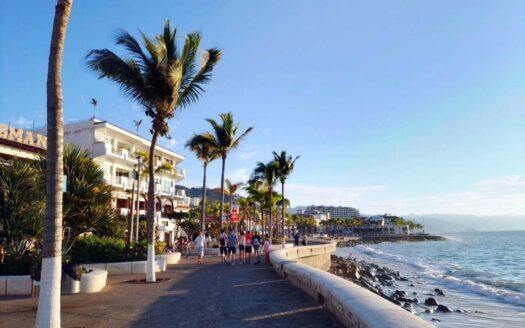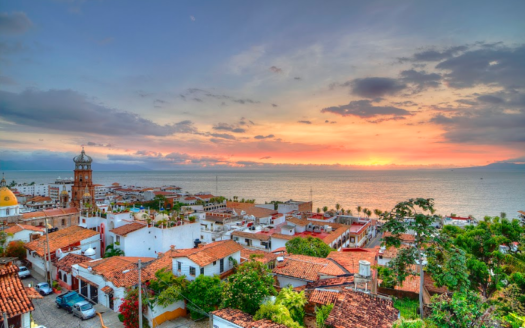Tourist accommodation platforms, a benefit for destinations?
With only the offer of an airbed and breakfast Airbnb has come a long way since its launch in November 2007. Twenty-four years later, this virtual platform operates in more than 220 countries and 100 thousand locations, in which around 6 million properties are offered, according to a recent report by AirDNA.
HomeAway, Vrbo, Couchsurfing, Wimdu, FlipKey and OneFineStay are some other tourist accommodation platforms that have grown in recent years, but today I want to focus on the Airbnb phenomenon that has caught the eye of main hotel chains in the world and both public and private organizations related to the sector.
73,000 properties are offered In Mexico, the second most important market for Airbnb in the world, according to their data, of which more than 10,000 are located in the Puerto Vallarta and Banderas Bay region, based on in the AirDNA reports at the end of 2021.
It’s since its birth that Airbnb has been seen by hoteliers as an unfair competitor, because of their meteoric growth and, of course, its surprising revenues (only in the third quarter of 2021 it had revenues of 2,200 million dollars), this is because the platform does not pay taxes (with the exception of some cities in the world) and because the accommodations do not comply with the regulations imposed on formally constituted establishments according to hoteliers. To set an example, it takes at least three years of paperwork and hundreds of requirements, such as licenses, social security, ISR, fire alarms, seismic alarms and payroll to set a hotel, but a room via Airbnb is offered immediately, with no demands and without the supervision of municipal authorities.
It is important, however, to talk about the benefits of the platform also, to make this point is important to understand that tourists evolve and are willing to experience different ways of traveling, so we have to ask ourselves: what motivates tourist to go to an Airbnb or any other vacation platform?
Since a lot of tourist are only looking for a place to spend the night, without luxuries, without excessive equipment, rather functional and comfortable, the main thing is the economic factor, the feeling of “being at home” also stands out against the impersonal environment of a hotel, that’s where a lot of comments like “a place with the warmth of home”, “friendly staff”, “very helpful and attentive”, etc speak about the places where users stay and have great experiences. In many other cases, the property is located in destinations that have not developed a more formal hotel industry yet, because of their geographical conditions or due to an incipient tourism development.
Good news is that there already is a list of countries and cities, including Mexico, that have had to regulate current tax regulations in order integrate the competitor it into formal status.
In January 2018, with the Government of Mexico City, the company agreed to collect and transfer a 3% rental tax, and more recently signed the Memorandum of Understanding (MOU) agreement with the Jalisco Secretary of Tourism (Secturjal), which includes, the regulation of activities, the exchange of statistical information and work with hosts, as well as the collection and payment of the Lodging Tax (ISH) in the state.
This is just a start, but it is why it is important to regulate the Airbnb grow that will continue to happen, this will allow “a fair game” for the hotel sector and tourism service providers.
This is also an opportunity for hotels to take advantage of their knowledge and experience in managing vacation rentals, they will have to adapt to new accommodation requirements once they accept that millennials and Zs no longer travel like their parents did.
This trend is already in place in the region, achieving agreements that allow harmony and healthy competition.
What do you think of vacation rental platforms? Write me!




